
Dubbed the age of information, the modern day has witnessed a massive shift in the pursuit of power towards controlling the information disseminated to the masses. Better known as propaganda, many world leaders in the current and past centuries have mastered the use of deceptive communication in shaping the mindsets of the ruled peoples, and manipulating their emotional and rational acceptance for the state’s direction.
However, before delving deeper into how propaganda has been utilized by modern history’s leaders, let us take a look how it is defined linguistically.

According to Merriam Webster, propaganda is “ideas or statements that are often false or exaggerated and that are spread in order to help a cause, a political leader, or a government.”
Needless to say, tyrants who have excelled at the use of this conniving tool of mind trickery were capable of achieving unspeakable evils against humanity, but worse yet, with the consent of their people.
Nazi Germany Propaganda
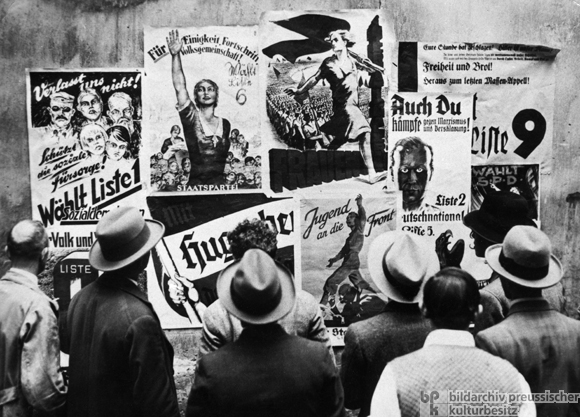
During the 1930s, propaganda played a major role in the Nazis coming to power in Germany. To ensure the success of this process, a ministry under the candid name of the Ministry of Public Enlightenment and Propaganda was responsible for tailoring all the information communicated to the German people.
Between the years 1933 and 1945, Joseph Goebbels, the Reich Minster of Public Enlightenment and Propaganda was at the forefront of shaping the public German perspective.
Accordingly, all journalists, writers and artists were required to register with one of the Ministry’s subordinate chambers for press, fine arts, music, theater, film, literature or radio.
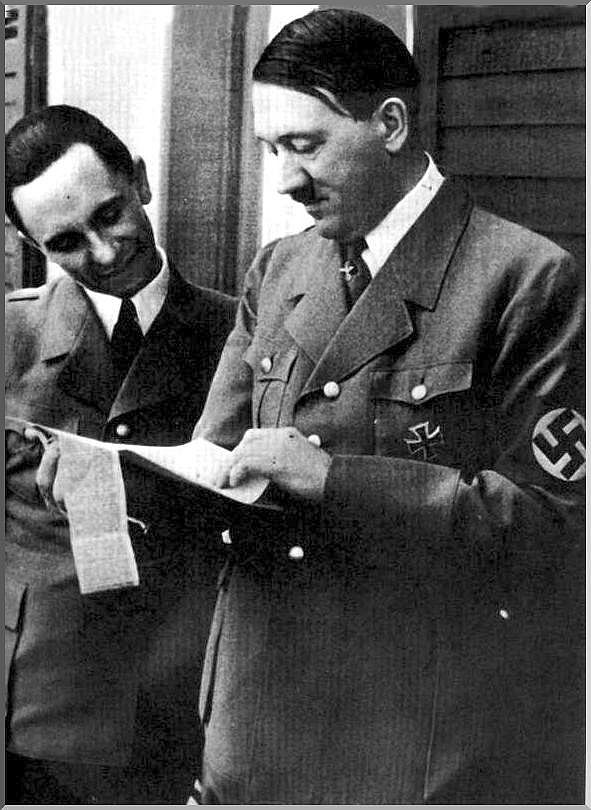
With the radio and newspapers being the only connection between the masses and the outside world, Hitler was keen to personally keep a close eye on what the public knew, and how it was being communicated.
Before the news made it to the public scene, it was meticulously discussed among Hitler and Goebbels, who would then pass down the official party line on world events to the media practitioners. Broadcasters and journalists were obliged to get prior approval before their works were disseminated.
Along with posters, the Nazis produced a number of films and books to spread their beliefs.
Although it was first published during the 1920s, Hitler’s ‘Mein Kampf’ (‘My Struggle’) remained a bestseller during the Nazi years, with more than 12 million printed copies. Considered to be “the world’s most dangerous book”, as BBC refers to it, ‘Mein Kampf’ is an autobiographical manifesto by Adolf Hitler in which he outlines his political ideology and future plans for Germany.
Stalin and the Use of Propaganda

Another political figure and tyrant ruler who was no less reluctant in his use of propaganda to spread his ideologies and policies was Joseph Stalin.
However, the case with Stalin was a bit different from Hitler, as his use of propaganda extended far beyond selective communication, and included a well sculptured portrayal of Stalin himself to the masses.
Especially in the USSR, Stalin received massive media attention, and was soon being portrayed as the ‘all-knowing leader’ by the Soviet propagandists.
Furthermore, the Soviet press was diligent in highlighting how Stalin connected emotionally and socially with the common people; after all that is what the Bolshevik Revolution was all about: the workers, farmers, miners, and industrial workers.
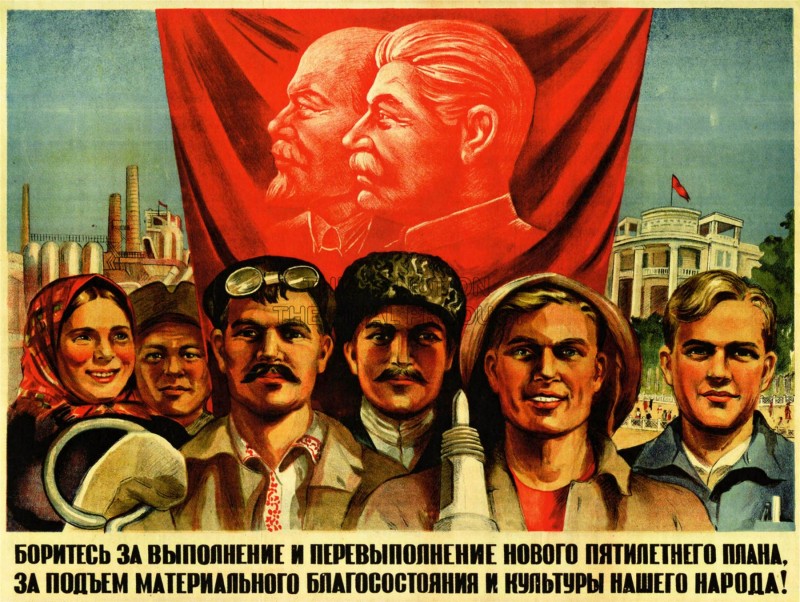
The link between Stalin and Lenin was also crucial, even though Lenin ousted Stalin in his final letters. However, Lenin remains to be the father of the Bolshevik Revolution, which is why it was very important to accentuate on Stalin’s link to Lenin, in order to help build his public image in the media.
The Soviet press glorified Stalin in every aspect, to the degree that after WWII, Stalin’s name was included in the new national anthem of the USSR. Numerous statues of Stalin were installed at public places throughout the USSR, and a number of Soviet villages, towns, and cities were renamed after him.
The US and Iraq Invasion Propaganda
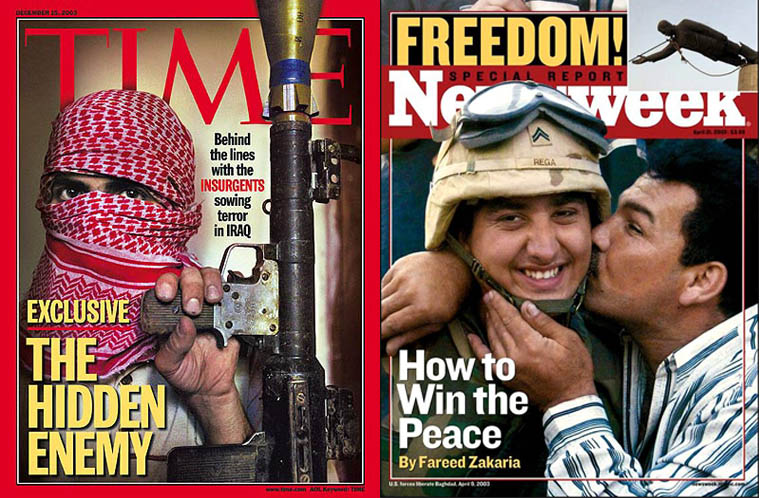
Forwarding to almost 50 years later, one would assume that the public audience of the mass media would have by now caught the drift of how propaganda works, and that there would be a finer approach to deciphering how mass media functions.
However, in 2003, the US stormed Iraq under the claims that the latter owned weapons of mass destruction (WMD). Even though a grand majority of 75 percent admitted a decade later in 2014 that the war was not worth the results, the George W. Bush administration was successful at marching into Iraq with public support back home amounting to 47-60 percent.
Knowing how vulnerable the US masses were in the aftermath of the 9/11 events, the George W. Bush administration was successful at building its Iraq war PR campaign in a manner that clearly exploited the national anguish and anger over 9/11 to invade another country.
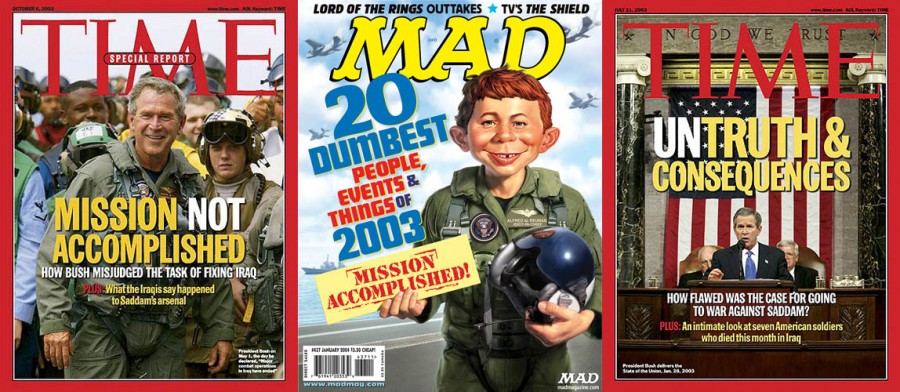
The years of undisturbed communications in the US revolving around the so called “alliance” between Saddam Hussein’s regime and al-Qaeda, as well as the threats of WMDs, have demonstrated the manipulative propaganda involved.
Needless to say, plenty of manipulative communication was at the heart of getting the American masses to believe that such accusations were true, and that declaring war was essential. The propaganda was so successful that by the peak of the war-promoters campaign in late 2002, a majority of Americans believed that Saddam Hussein was not only allied with al-Qaeda but also had been directly involved in the 9/11 attack.
The new Suez Canal
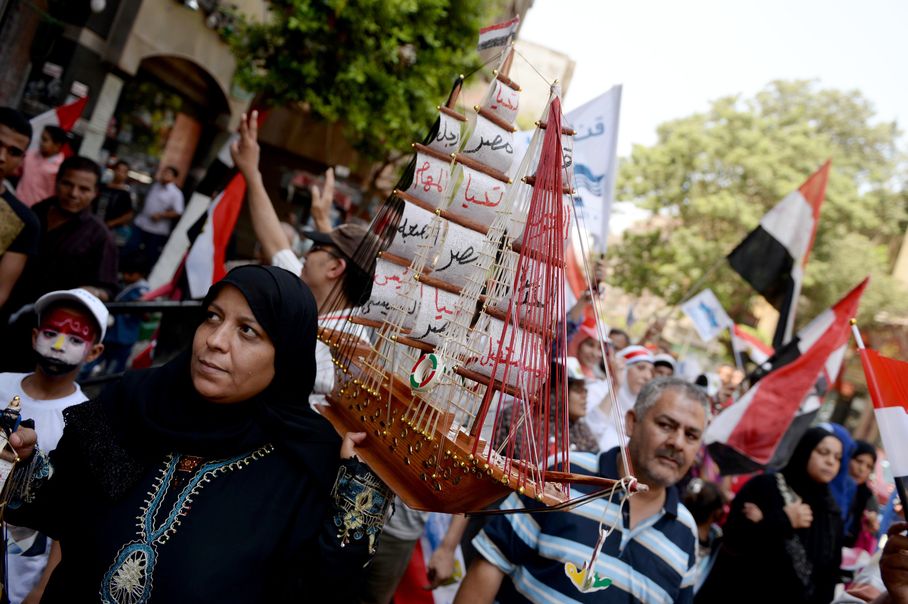
An Egyptian woman holds a small boat as she and other Egyptian’s celebrate the new Suez Canal opening in Tahrir square in Cario, Egypt, Thursday, Aug. 6, 2015. Credit: Mohamed Hossam/ AP
Upon tracing the ever shifting forms and means of propaganda, it seems that the Egyptian political scene under the rule of President Abdel Fattah al-Sisi hasn’t been very distant from these deceptive trends recently.
In an attempt to legitimize his ascend to power and to show the world that his government can commit and deliver what has been promised, the ‘New Suez Canal’ was inaugurated on August 6 2015 amid some lavish celebrations, which included a yachting parade to the city of Ismailia, firework displays, and a state banquet.
To realize the theorized grand national project, around EGP 64 billion ($8.2 billion) were invested in the new Suez Canal. However, Sisi’s government made sure this project does not go unnoticed worldwide.

Egyptian state officials and media outlets alike have been clearly engaged in a thorough propaganda campaign tailored around glorifying the ‘New Suez Canal’ as Egypt’s national project and selling it off as ‘Egypt’s Gift to the World’.
Even though the project is praise-worthy, many of the following official statements were closer to overblown glorification than practical praise.
According to General Kamel El Wazeer, head of the Egyptian Armed Forces Engineering Authority, “this project will be like a miracle; it will give huge a push to the global trade movement.”

Meanwhile, Egyptian Health Minister Adel Adawy compared the Suez Canal construction to a second crossing, in reference to the 1973 crossing of the Canal during the war with Israel -which Egyptians hold as one of their country’s historical focal points.
On another note, Egyptian Minister of Irrigation and Water Resources said the new project resembles the work of unique engineering and a successful economic project. And seeing how poetic many of the official statements tend to sound like, Moghazy was keen not to miss out on accentuating that the project is a grand epic representing the hopes and dreams of the Egyptian people.
In the meantime, while state officials and Egyptian media were consumed in exalting the new Suez Canal project, many foreign media outlets were more focused on logical analysis of the project by weighing out both its prospect successes and failures.

Channeling its doubts on the project, The Independent wrote that “the government’s projections seem far more ambitious than might be expected. Trade through the canal is dependent largely on exports of oil and liquified natural gas, both of which are globally in decline.”
Hossam Abougabal, an analyst with the Middle Eastern financial outlet MEED also stated that “any numbers coming from the government are ambitious projections of potential capacity.” He also added that “trade is unlikely to increase drastically. This new canal is designed to accommodate twice as many vessels, but global trade projections don’t suggest twice as many vessels will go through. The reality is that global trade at the moment doesn’t reach that capacity, as it’s dependent on the European market, and European demand has been subdued since 2008.”
In addition, Dr. Omar el-Shenety, an economics and trade expert in Egypt, thought that according to the figures projected by the government, “by 2023 the number of ships will be doubled from 48 to 97, and that is how they figured the gains in income.” However, he explained that “those projections are impossible, because we don’t see international trade reaching anything near those numbers in 2023.”

Shenety, along with other economists, has criticized the government for vastly inflating the figures, and has suggested that the cost of the project will far outweigh the profits they can hope to earn.
Whether the new Suez Canal will truly bring in future wealth to Egypt or not, the division among Egyptians between Sisi supporters and other skeptics about his rise to power and his practices is nothing new to the public sphere of common political conversation. However, discussions around the new grand project have brought to light many public inclinations towards analyzing mass communicated content.
In the midst of an oversaturated society with detached information that lacks proper context, enthusiasts and skeptics seem to have been engulfed in more transmitted emotions than knowledge, making way for a fertile soil where propaganda is likely to make great feats.





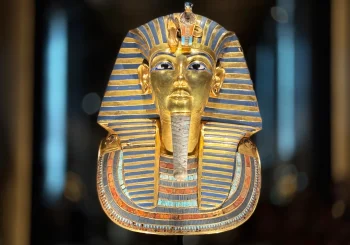

Comments (8)
With the temperature on earth rising. Ice caps are melting. In 5 years the Asians will use a much shorter way for them to sail to Europe.
I have one problem with this article. The Merriam Webster definition. It’s not accurate and not true. Propaganda can be used for both good and bad. Hitler was scheme artist and used storytelling to brainwash everyone. Well you can brainwash people to good as well. Art is half truth, it’s a lie that tells the truth. It can be used for both good and bad. Sisi, in my opinion, (if anyone gives a shit) was successful in making Egyptians rejoice. The project by no means has any “secret” methods of evil or injustice. It was not propaganda to control, it was propaganda to “show off”. Or in other words, Marketing!
decision (to build) to expand the Suez canal was made without a decent marketing study. assuming the traffic will almost be double. i hope for Egypt’s sake you are right. Marketing is totally different Yassin
Wait Im confused. Maybe no decent ECONOMIC studies, but the marketing has been pretty good. They advertised the hell out of it all over. Panama just got their canal halted, Suez is the prime option. The only way I’m right is if they do not charge much for ships to pass so they guarantee income. Other than that, no one will listen to Sisi otherwise.
I need to show this fantastic internet freelancing opportunity… three to five hours of work daily… Payments are weekly… Bonuses…Earnings of 6-9k /monthly… Just few hours of spare time, a computer, most+ elementary knowledge of internet and reliable connection is what is needed…Get more information by visiting my page